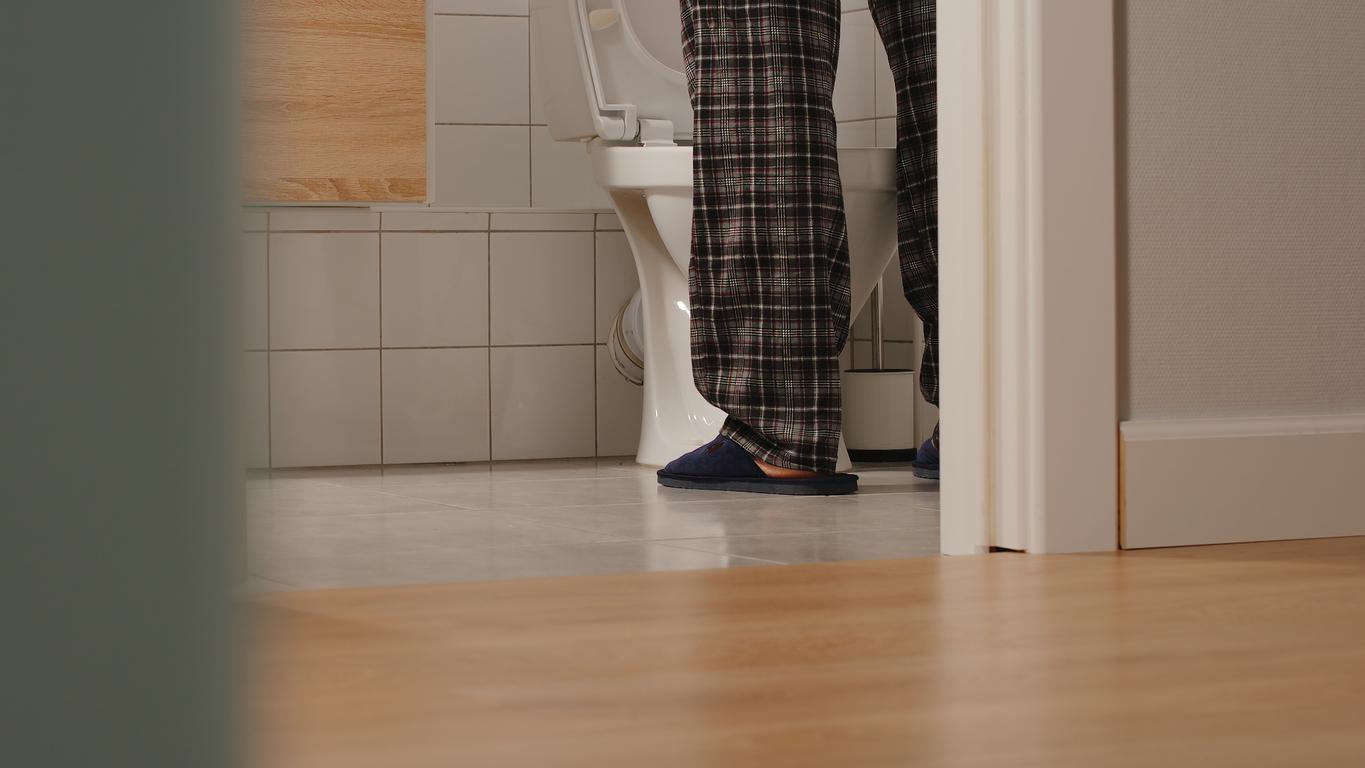A large study, published in the British journal BJU International, analyzes the risk factors for urge urinary incontinence in the elderly. Heavy weight, stroke in the past seem to be.

Urinary incontinence affects 3 million people in France. And mostly women, over the age of fifty. It seems that the number of people affected is much higher than the latter, because many people do not dare to consult for this problem. Out of shame, quite simply. And because they think it’s okay.
A large British study analyzed the prevalence of urge incontinence, that is, involuntary leakage of urine, accompanied by a sudden and irrepressible urge to urinate.
The results are published in the British journal BJU International.
Identify risk factors for incontinence
1762 people aged 68 took part in this study. They had to answer a questionnaire. The researchers analyzed several criteria: the body mass index (BMI), the rate of diabetes, previous vascular problems (such as a stroke for example), physical activity or even tobacco consumption.
Women also had to answer questions about their menopause. What type, at what age, and whether or not to use hormone therapy. All these criteria were intended to determine a link, or not, between urge urinary incontinence, and vascular problems of the past.
Having a stroke and gaining weight, two risk factors
We already know that incontinence can be caused by heavy alcohol consumption and low physical activity. According to the results, more women (19%) suffered from urinary incontinence than men (12%). Being a woman is therefore already a risk factor.
But there are others. Having a high weight, because it also entails the risk of vascular problems. So having a stroke or diabetes is too.
Incontinence, a small problem but a big consequence
It is important to know what can cause incontinence because it can significantly affect your quality of life.
There is indeed an increased risk of depression as it affects self-esteem. Always this feeling of shame. And this can also have consequences on social relations.
The March issue of BJUI is online now.
Click here for the Table of Contentshttps://t.co/AIxzy5Jb5s pic.twitter.com/9atBwkgixV
– BJU International (@BJUIjournal) March 2, 2018

.

















